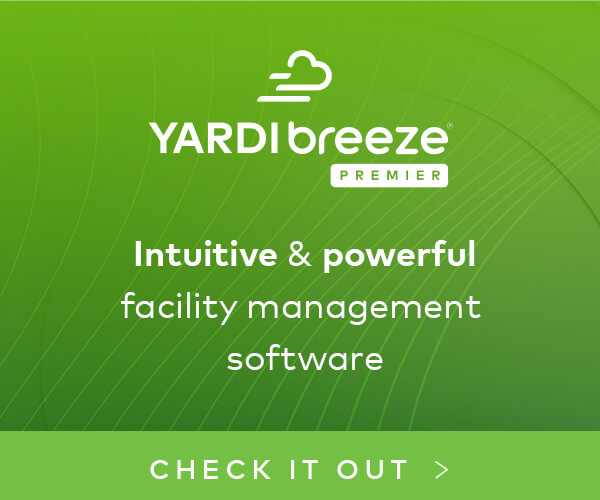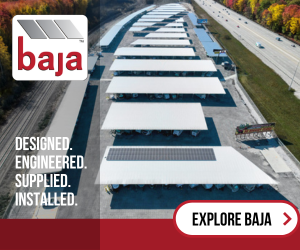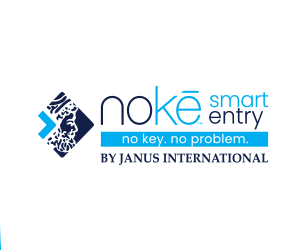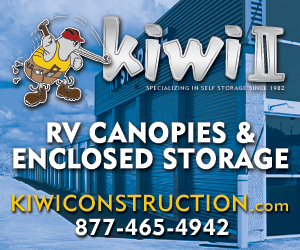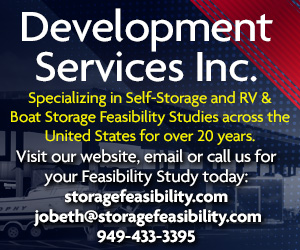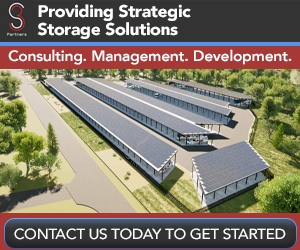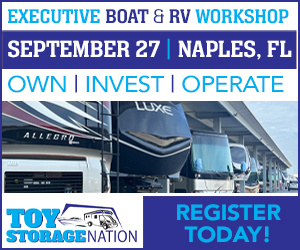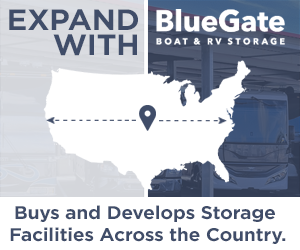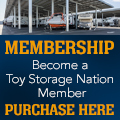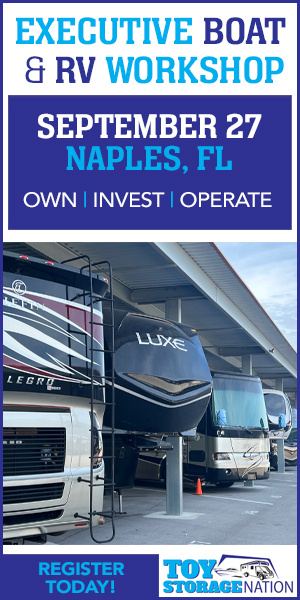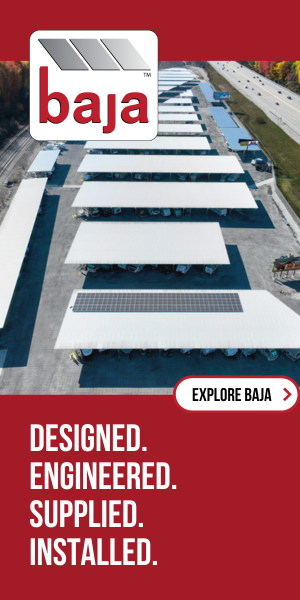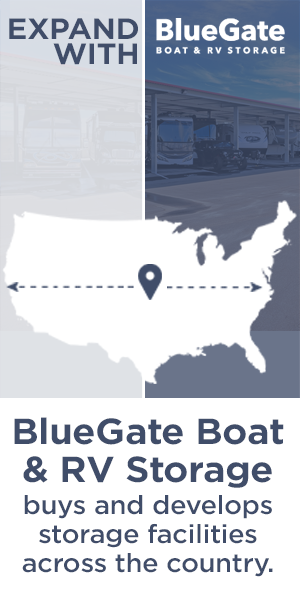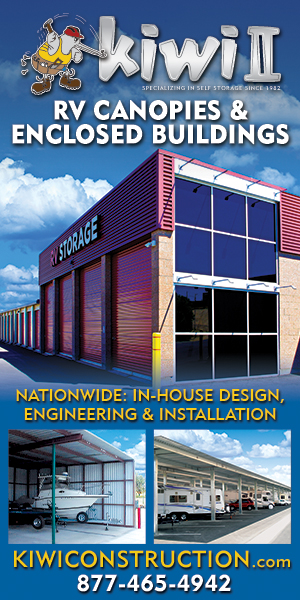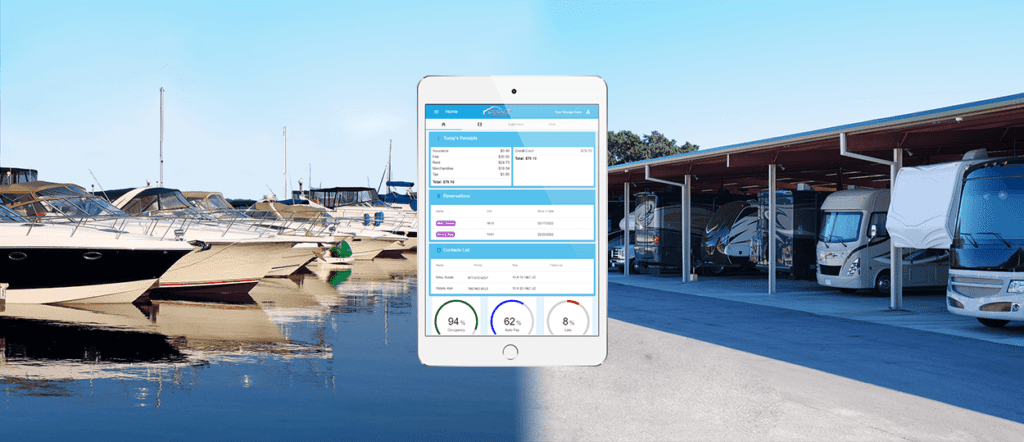
In the world of storage, it’s sometimes easy to forget that what works well for one type of business might not work well for another. For vehicle storage specifically, this means using technology that has been developed to easily manage boats, RVs, and other types of commonly stored vehicles instead of those which were only originally intended for traditional self-storage units.
While there are obviously some overlapping characteristics between the traditional self-storage and vehicle storage business models, the high-value nature of the vehicles being stored typically requires a bit more care from their operators alongside more specialized software to help them operate efficiently.
However, choosing vehicle storage software is just not as simple as it used to be. Between the oversaturated software market, seemingly similar feature sets, and a landslide of buzzwords and technical jargon – my goal here is to help peel back the veil of confusion so that you can make an educated decision on your technology partners moving forward.
So, What’s The Difference?
As far as technology goes for vehicle storage, your property management software is likely the most important decision you’ll have to make. Your management software acts as the central hub for the rest of your technology and typically has both an API (Application Program Interface) integration to communicate between them and some form of User Interface for you to interact with directly within the storage management software. This enables you to centralize your operations from within a singular application and streamline your tasks instead of jumping from app to app to app throughout your day.
The real problem is, though, that they all look so darn similar! With any management software, you can rent space, take payments, and generate reports. So really, what is the difference between them?
I would say that it is the quality of information and the options available to you.
Let’s take “renting space” as an example: there are major differences between the amount of information you can gather during the rental process that varies from one software provider to another. While traditional self-storage unit software will still allow you to gather basic data on your customers such as address, phone number, and driver’s license number; a more “vehicle-friendly” software would allow you to capture additional information during the rental process such as vehicle VIN numbers, vehicle registration, photos of stored vehicles, and current insurance. This provides you with the ability to easily reference your renters’ data on both your reporting and visual sitemap, while also minimizing your business’s potential liability.

Offering a Full-Service Experience
Another common difference between software platforms can be found in how they handle a vehicle storage business’s added services. While most traditional self-storage software will quite commonly allow for the sale of simple merchandise items such as boxes and locks, vehicle storage operators greatly benefit from their software going the extra mile alongside them by selling and tracking additional vehicle-centric services such as electricity hookups and dump stations. Used either for boosting revenue as powerful income sources or even as complimentary rental magnets, ancillary services are always a welcome resource for customers and should be tracked easily within your software, including:
- Wash bays
- Firewood supplies
- Water stations
- Vacuum stations
- Air compressors
- Propane
There are even businesses like McBride’s RV Storage in Chino, California that supply their renters with free purified ice from their shaded, outdoor ice machines. Simple (yet effective) amenities such as this go a long way to providing your customers with a full-service rental experience but make it even more crucial to stay organized.
A few key points that would help you do just that would be choosing software that includes:
- Inventory alerts that remind your business to place merchandise orders when it gets low
- Work order tracking for maintenance supplies, vendors, and services
- Variably priced merchandise for selling units by volume (e.g., “x” gallons of propane at cost)

Wrapping Up
In the end, traditional self-storage operators and vehicle storage operators are both selling space to renters. But the unique advantages of boat and RV storage are amplified greatly for both the business owner and their customers with a combination of organization and the right technology.










